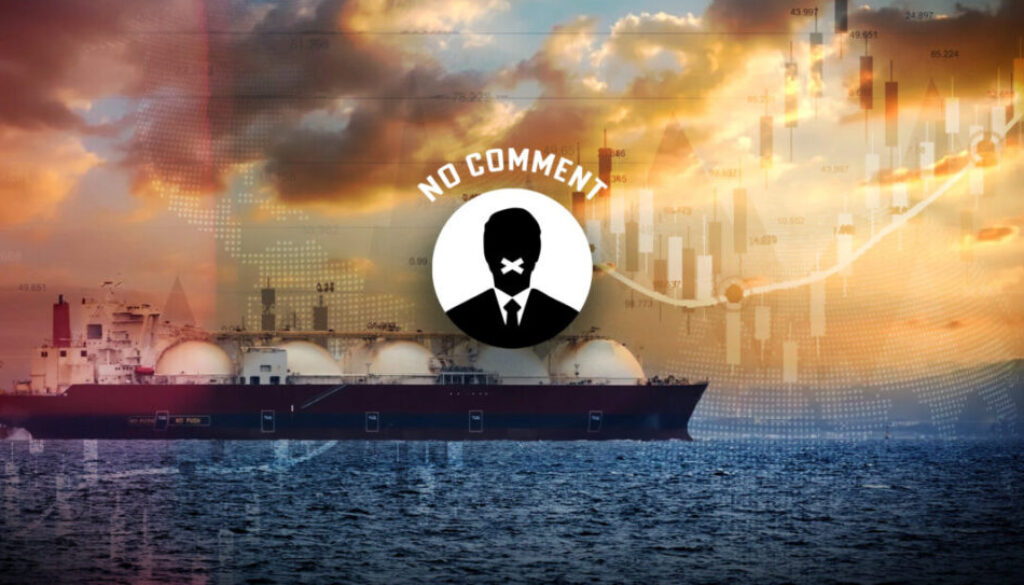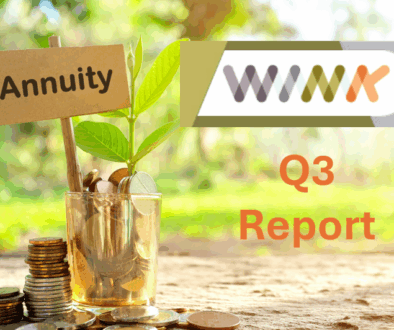Calls to end LNG investment draw silence
A letter demanding insurance companies, banks, and private equity firms end underwriting and investment in new liquified natural gas terminals is signed by more than 100 frontline community and climate groups but has mostly been met with silence from the industry.
The groups, which range from the Sierra Club and Friends of the Earth, to Clean Energy Action and 350.org, specifically are demanding an end to investments “for new and expanding liquified methane gas projects and their parent companies, including all projects that have not been built or reached a final investment decision.”
The letter writing campaign comes on the heels of a decision by the U.S. Department of Energy to halt approvals of liquified methane gas exports, what the advocates said was a critical step to reduce methane emissions, phase down fossil fuels and protect communities living with industrial pollution. That Department of Energy move has been blasted by Republican lawmakers and industry officials.
Methane’s ‘negative impacts’ cited
“Given the negative impacts of methane gas extraction and export on local communities and the global climate, this decision is morally and scientifically sound,” the advocate letter states.
Without the backing of financial institutions, LNG investment and expansion would be unviable, the groups note. The top 60 banks have provided $122 billion in loans and bond underwriting to LNG projects since 2016. U.S. insurers held more than $500 billion in fossil fuel assets in 2019 and fossil fuel insurance earned the industry about $21.2 billion. Nearly 86% of the operating LNG export terminals in the US have some private equity investment.
Copies of the letters were sent to US, Japanese, Canadian, and European banks, insurance companies, and private equity firms, including Citi, Bank of America, Royal Bank of Canada, Mizuho, Chubb, Liberty Mutual, and KKR.
Transition to renewables sought
The advocates also cited December’s UN Climate Change Conference in the United Arab Emirates that called on governments to speed the transition away from fossil fuels to renewables such as wind and solar power in their next round of climate commitments.
“The world said in Dubai it was time to transition away from fossil fuels; this means that no one should view LNG as safe, either for the climate or as an economic asset,” said Bill McKibben, co-founder of Third Act, a climate action group for people over 60. “The world has begun to move, and that move will accelerate.”
Although the anti-LNG investment letter asked the corporations for an immediate response, the reaction has been somewhat tepid.
“The biggest result we’ve seen so far was [global private equity firm] Probitas ruling out insuring the East African Crude Oil Pipeline and the West Cumbria Coal Mine,” said Tyler Kruse senior communications manager for the Sunrise Project, a network of climate advocates who helped organize the letter-writing campaign. “Some insurance executives have reached out directly to organizations to discuss the ongoing insuring of projects and the fossil fuel industry.”
Kruse also said that a delegation of methane impacted communities recently met with Chubb representatives in New York City.
“It’s encouraging to see Chubb’s willingness to meaningfully engage with community leaders impacted by the methane export terminals it insures,” said Ethan Nuss, senior energy finance campaigner for the Rainforest Action Network. “For years, Liberty Mutual and AIG have willfully ignored similar requests from communities who deserve the decency of a response from insurers that have an outsized impact on their lives.
Attempts to reach Liberty Mutual and AIG for comment were unsuccessful.
Kruse said companies in Europe are reaching out to communities and organizations, but they are unwilling as yet to share anything publicly since the meetings are still ongoing.
Campaign’s impact questioned
Fred H. Hutchison, president & CEO of LNG Allies, The USLNG Association, predicted the anti-LNG investment letter campaign will have little impact.
“Despite the well documented economic, environmental, and climate benefits that U.S. LNG exports bring to the United States and our global allies, the full-scale frontal assault by environmental organizations grows ever more intense,” Hutchinson said. “It is unfortunate that these groups have gained the ear of key officials within the White House, but we expect their latest missive to banks, equity firms, and insurers to gain little, if any traction.”
The nation’s biggest exporter of LNG has pushed back on criticism by climate change campaigners, saying it is vital for energy needs.
“I would actually like to think that we’re the good guys,” Corey Grindal, chief operating officer of Cheniere Energy, told the Financial Times. “We are trying to do our part to be that safe, reliable operator that our customers have to have in order to keep the lights on.”
But advocates disagreed.
“Their deals with fossil fuel companies can no longer be kept a secret,” said Nuss. “Everyone deserves clean air, water, and a safe home. It’s time to look families in the eyes and listen to their concerns.”
Doug Bailey is a journalist and freelance writer who lives outside of Boston. He can be reached at doug.bailey@innfeedback.com.
© Entire contents copyright 2024 by InsuranceNewsNet.com Inc. All rights reserved. No part of this article may be reprinted without the expressed written consent from InsuranceNewsNet.com.
The post Calls to end LNG investment draw silence appeared first on Insurance News | InsuranceNewsNet.




